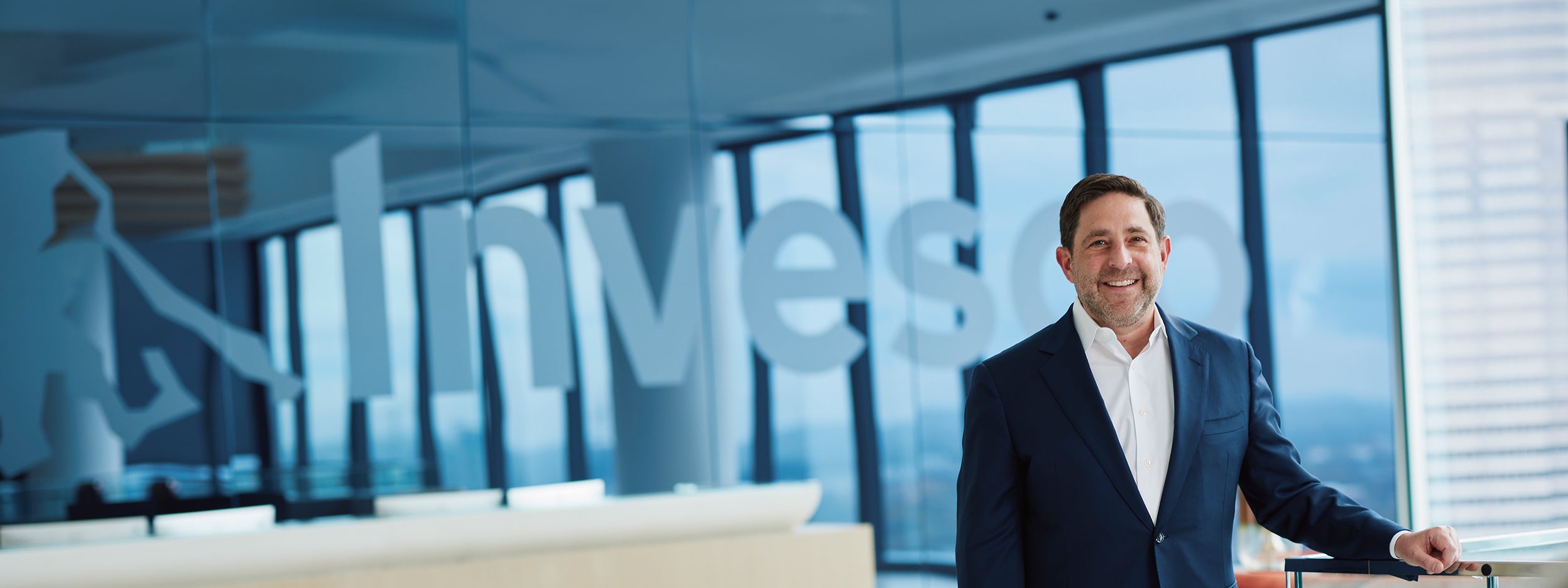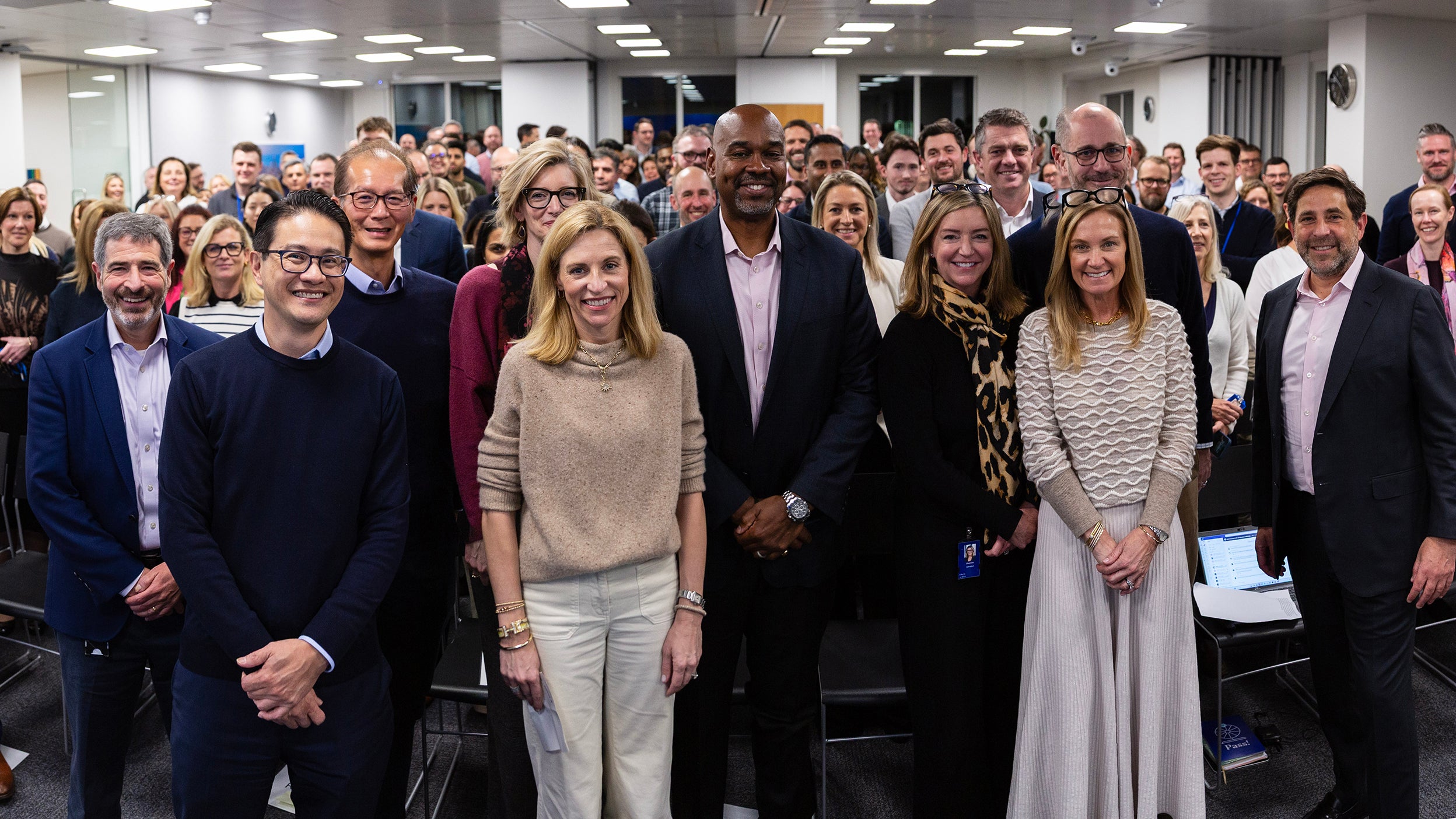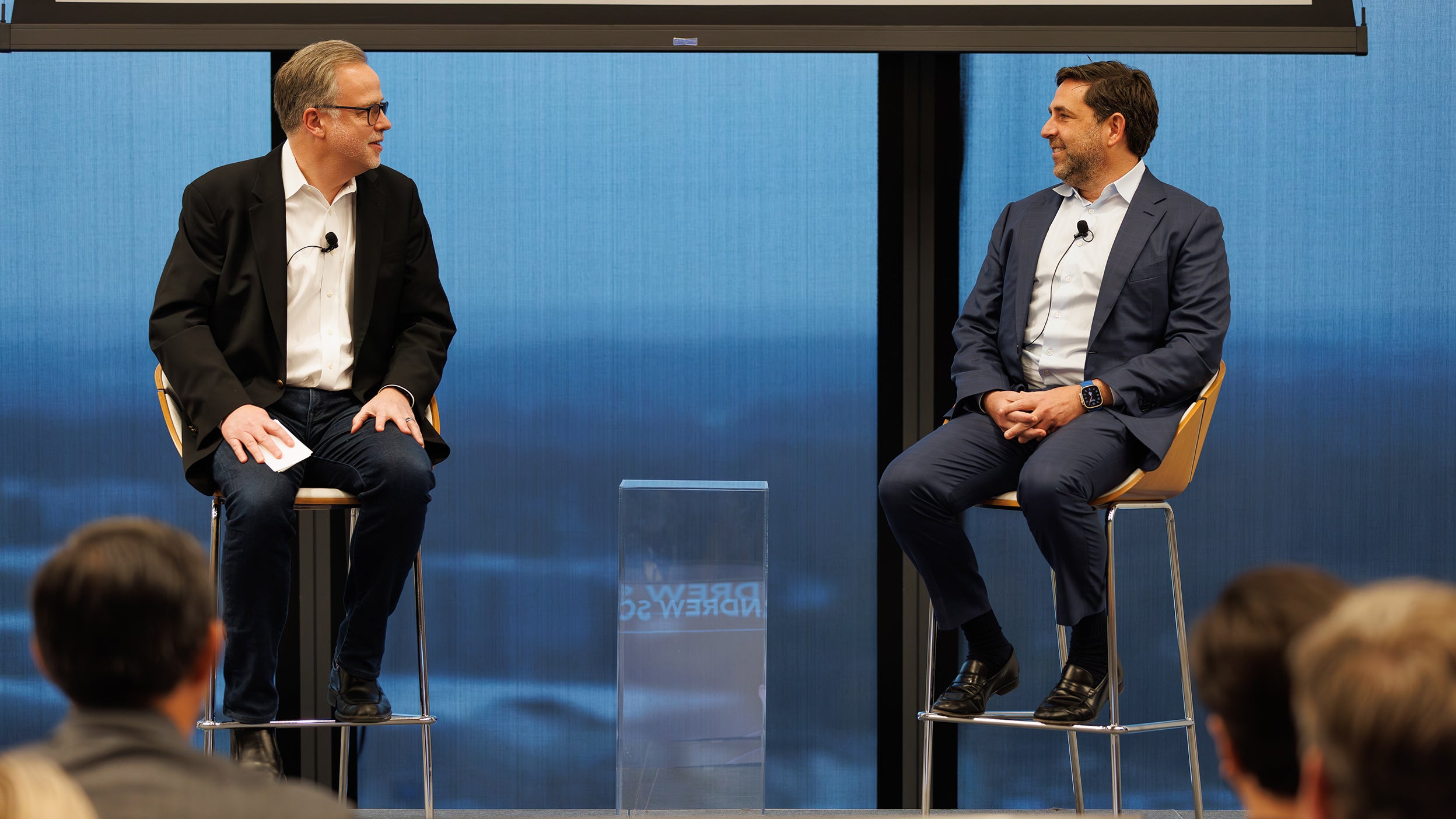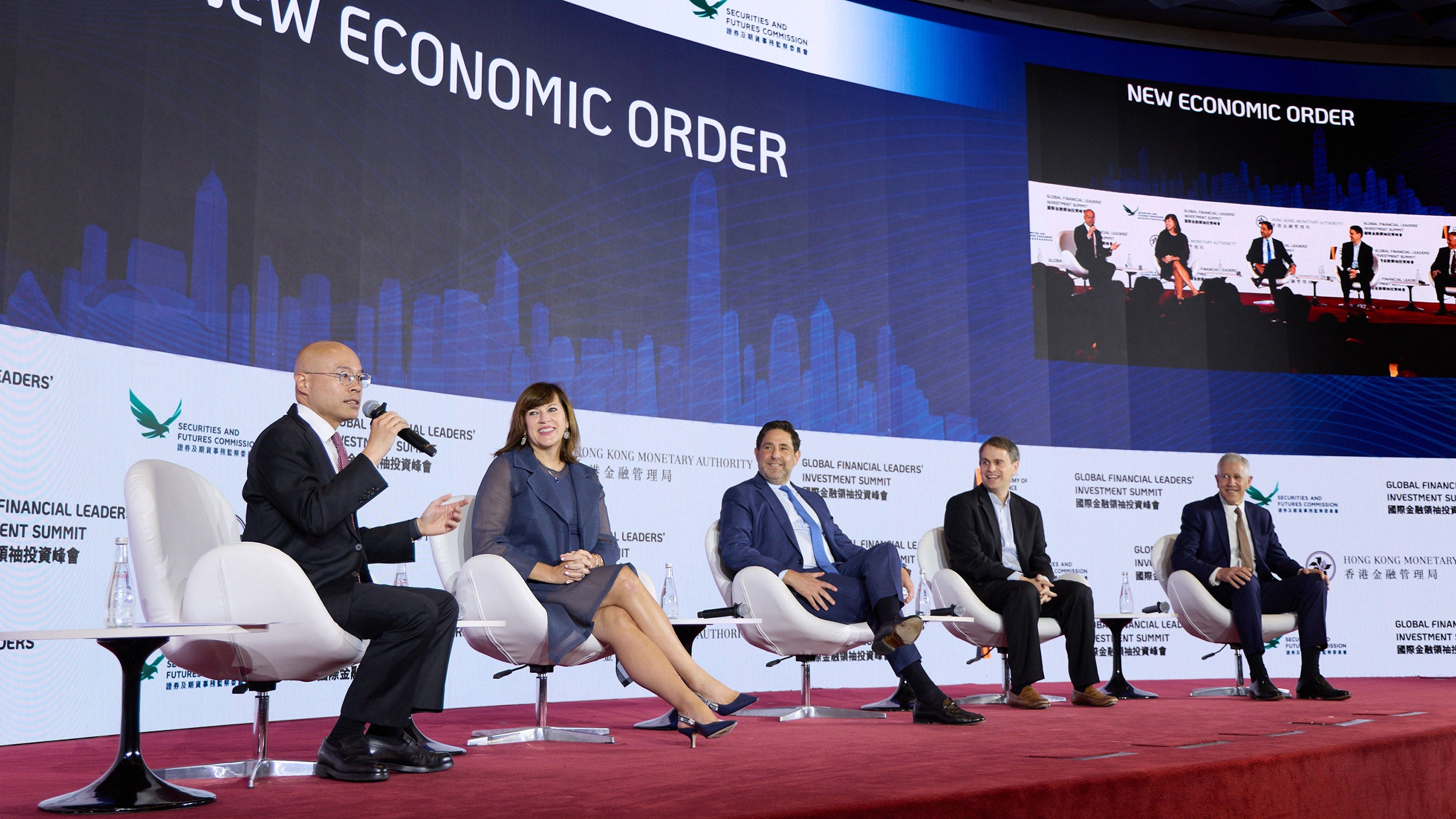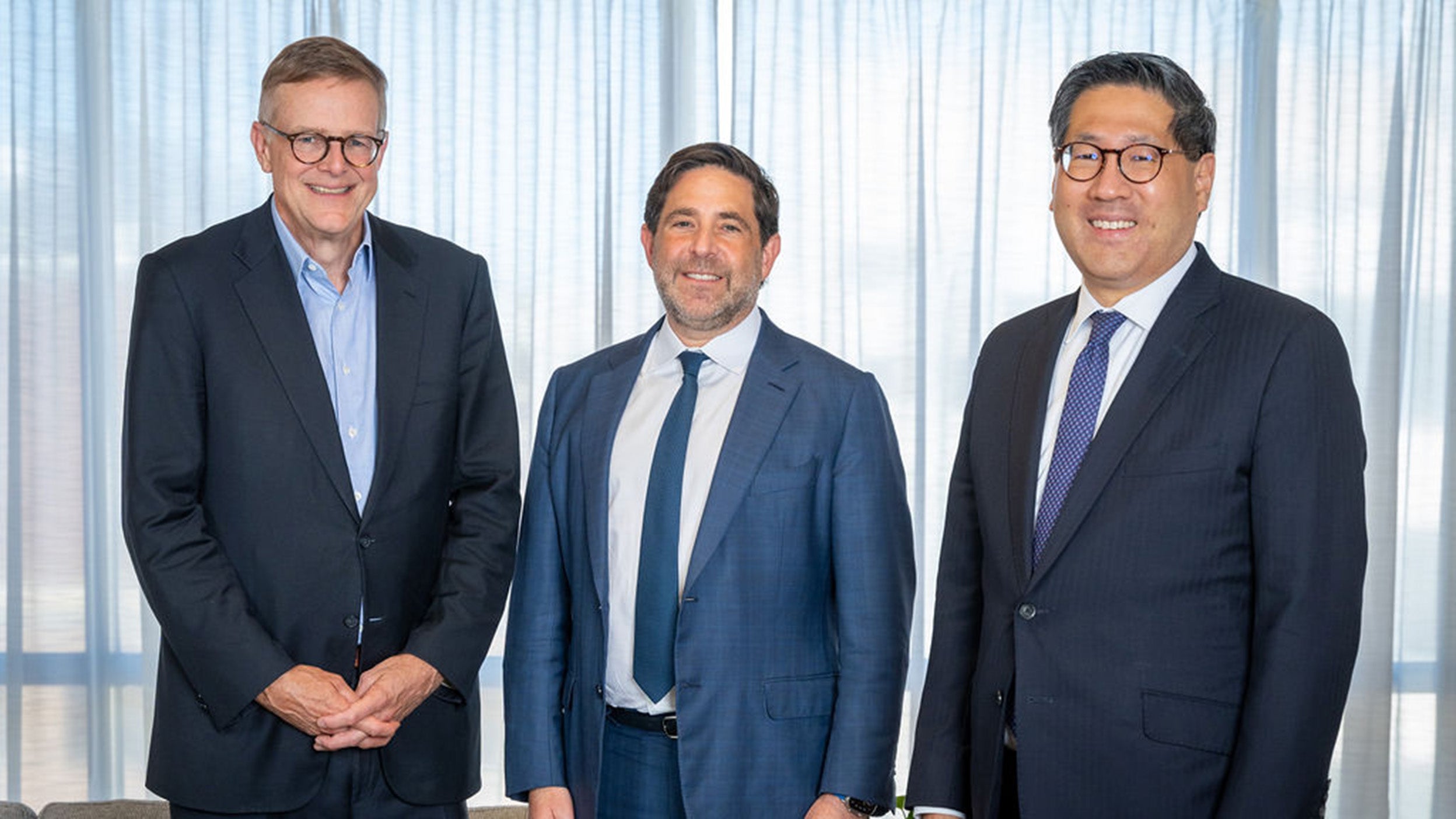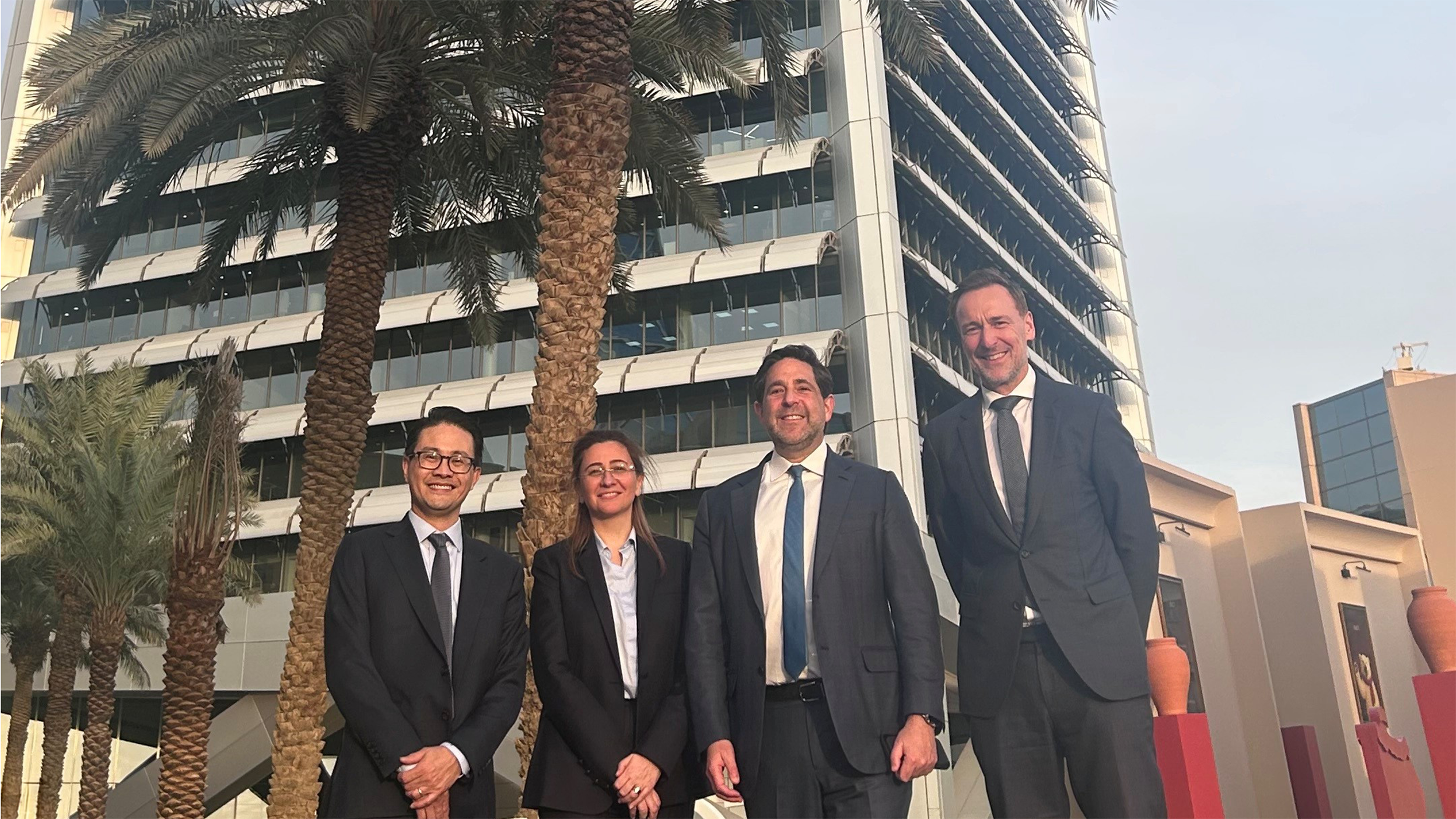
Featured insight Driving growth across the Middle East
The Middle East continues to build impressive momentum, and a recent visit across the region was a great opportunity to spend time with clients, policymakers, and partners driving that growth. The pace of change - from capital market reform to diversification and innovation - is impressive.
View on LinkedIn

